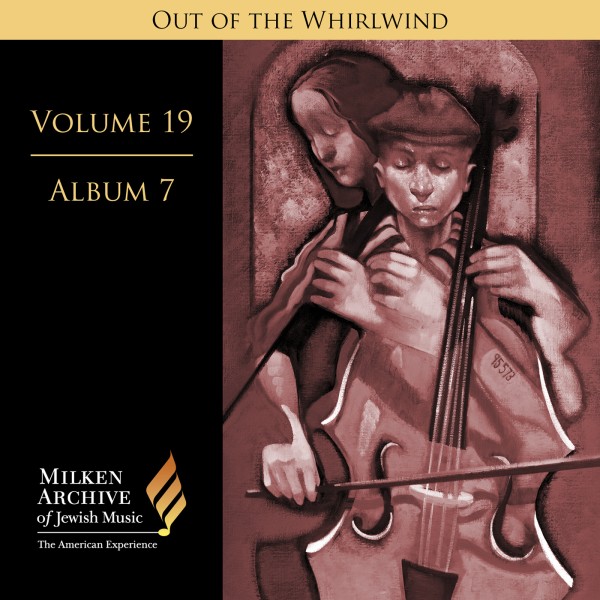Volume 19: Digital Album 7
Title |
Time |
Play |
| I Never Saw Another Butterfly | 24:17 | ▼ |
| It All Depends on How You Look At It | 03:24 | |
| Man Proposes, God Disposes | 01:23 | |
| Terezin | 05:38 | |
| The Butterfly | 03:12 | |
| The Garden | 01:31 | |
| The Little Mouse | 01:25 | |
| On A Sunny Evening | 03:40 | |
| Yes, That's The Way Things Are | 01:14 | |
| Birdsong | 02:50 | |
| To the Spirit Unconquered | 23:37 | ▼ |
| I. With great intensity - strained, sometimes violent | 05:43 | |
| II. As if in a dream | 04:54 | |
| III. Very fast, rhythmic and precise; Suddenly mysterious | 06:27 | |
| IV Calm and stately | 06:33 |

I Never Saw Another Butterfly | To the Spirit Unconquered
I Never Saw Another Butterfly is a cantata based on the 1960s publication (of the same name) of poems written by children interred at Terezin—a ruse camp set up by the Nazis to throw off the scent of those who suspected the mass murder of Jews under Hitler’s reign. Though it was simply a waypoint en route to the Auschwitz death camp, Terezin depicted a scenario where prisoners enjoyed relative freedom and produced significant artistic output.
Davidson’s tribute to the child poets comprises nine poem-settings for children’s choir and piano, performed here by the San Francisco Girls Chorus. From touching beauty to foreboding, despair, and all points in between, his composition gives unique expression to the range of emotions contained in the poems while conveying its own identity as a work of art. It has been performed more than 2,500 times, including in 1991 at Terezin, in the presence of former Czech President Václav Havel.
Sheila Silver’s string trio, To The Spirit Unconquered, was inspired by the writings of Italian poet and Holocaust survivor Primo Levi. Silver uses a variety of techniques to convey different aspects of the concentration camp experience described in Levi’s writings: fear, through dark string tremolos and crashing, dissonant piano chords; memory, through floating piano lines and swooning strings; barbarism, through quick, syncopated rhythms, staccato stabs, and angular melodies; transcendence, through the soaring melodies of the final movement. In a 1998 interview with the Milken Archive, Silver claimed To the Spirit Unconquered as her most successful piece, stating that it had been widely performed and won over audiences skeptical of modern music. In her own words, it is “about the ability of the human spirit to transcend the most devastating of circumstances, to survive and to bear witness."